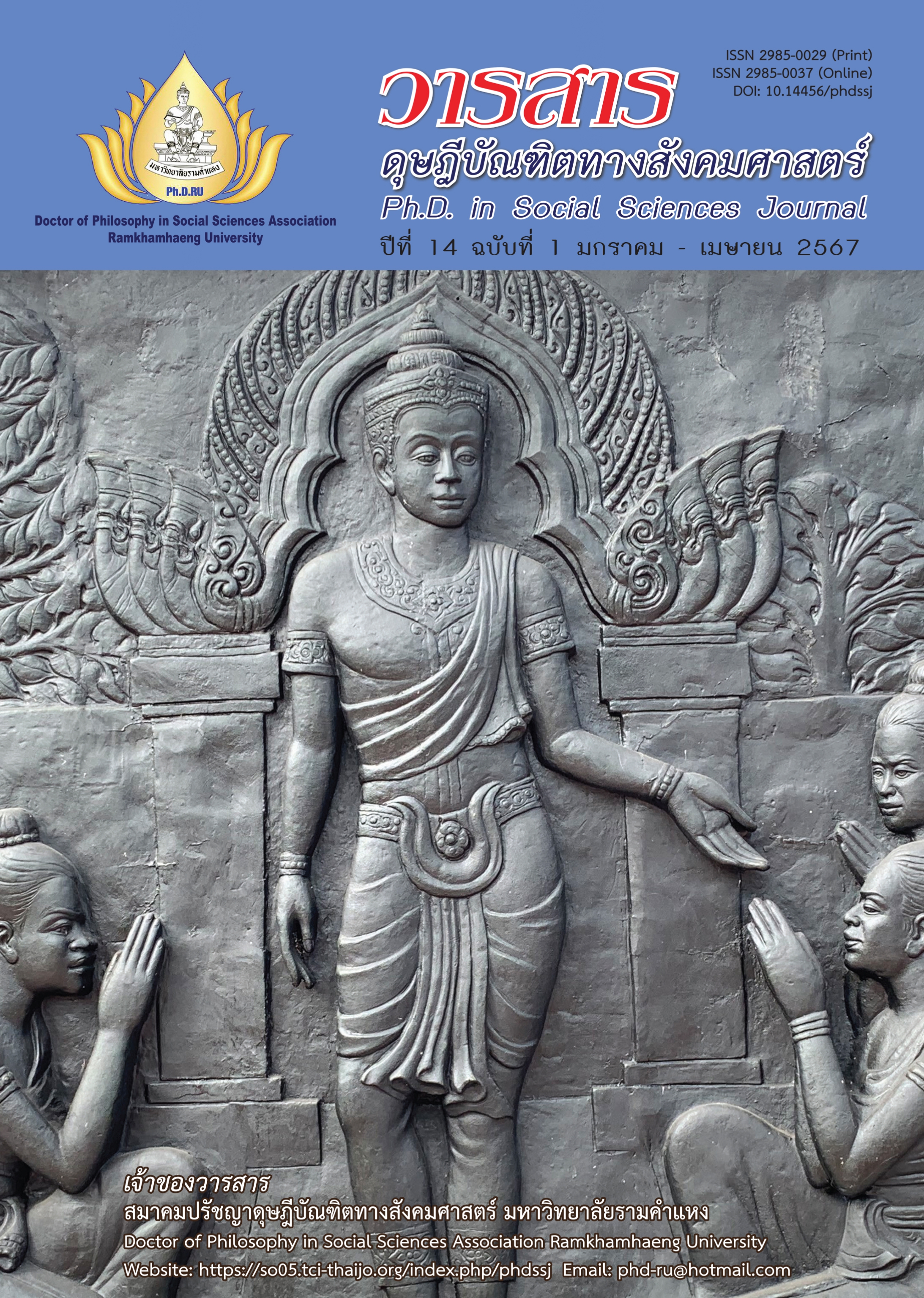The Development of Legal Measures to Control Begging
Main Article Content
Abstract
This research aims to study the legal problems related to the strict prohibition of begging, inappropriate penalties, the incomprehensive determination of people groups to receive quality of life development, and the inappropriate stipulation of penalties for those reaping benefits from beggars. This research is qualitative research and collecting data by document research and in-depth interviews. Data were analyzed using content analysis techniques and interpreted comparison.
Findings are as follows: The Control of Beggars Act, B.E. 2559 in the provision of strictly prohibiting any individual from begging is not in consonance with the problem of begging in Thai society. The law with the provision of the penalty of imprisonment and fines to those violating the law by begging is not in consonance with the principles of the criminal penalty the government should impose only for serious offences. The protection and development of the quality of life limited to certain types of beggars do not include all beggars which lead to the problem of repeated offences. The penalty rate for those reaping benefits from beggars is not appropriate and does not offer the authority to the court to use discretion in designating the penalty appropriate with the circumstances of cases. This therefore, the only improper, fraudulent, or aggressive begging shall be prohibited by law. The law should also; provide specific punishment for such act, adopt the process of protection for beggars and development program as the main policy to reduce the number of beggars to ensure that beggars are self-reliance, and increase the sentences imposed on those who seeks undue benefit from the beggars.
Article Details

This work is licensed under a Creative Commons Attribution-NonCommercial-NoDerivatives 4.0 International License.
Academic articles, research articles, and book reviews in the Ph.D. in Social Sciences Journal are author’s opinions, and not the publisher’s, and is not the responsibility of the Ph.D. in Social Sciences Journal Philosophy Association, Ramkhamhaeng University. (In the case that research is done on human, the researcher has to be trained in Ethics for Doing Research on Human Training and has to produce the evidence of the training).
References
Buranasing, N. (2015). The problem of child begging: Aftermath of unbalanced development. Retrieved from https://dl.parliament.go.th/handle/20.500.13072/521214 [In Thai]
Khowansri, N. (2015). Becoming a beggar: A story beyond laziness and human trafficking. Retrieved from https://prachatai.com/journal/2015/04/59037 [In Thai]
Likasitwatanakul, S. (2022). Forms of crime: The study of Thailand. October Printing. [In Thai]
Office of the National Economic and Social Development Council. (2021). Poverty and inequality report 2020. Retrieved from https://www.nesdc.go.th/ewt_dl_link.php?nid=11972 [In Thai]
The Royal Institute. (2013). The Royal Institute Dictionary B.E. 2554 (Commemorating the auspicious occasion of His Majesty the King’s 7 Cycle Birthday Anniversary). Author. [In Thai]


